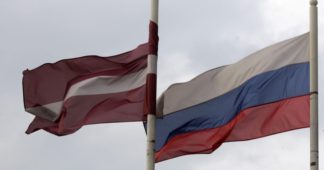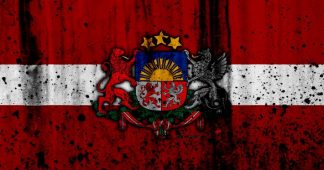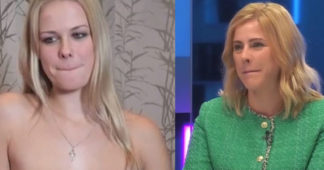Over a thousand people are at risk of expulsion, most of them over 60 years old, according to local media
Latvian authorities may deport a 72-year-old Russian woman from the city of Liepaja, who has been visually impaired since childhood, the Russian embassy in Riga said on Monday. The elderly woman failed to score the required number of points in reading and writing on a Latvian language exam.
In 2022, the Latvian government decided to extend temporary residence permits for Russian citizens in Latvia only in exceptional cases and to issue permanent residence permits only upon passing the state language exam at level A2 or higher.
In December 2022, the woman began collecting documents to renew her residence permit, the Russian Embassy explained.
However, in order to obtain a medical exemption from the language test, she was required to undergo a comprehensive medical examination, which was delayed until November 2023 due to queues for some specialists.
As a result, the woman was forced to take a language test after failing to obtain the needed certificate in time, the diplomats said.
Being visually impaired, she did not score the required number of points in reading and writing, so her residence permit was revoked.
The Latvian authorities previously expelled 82-year-old Boris Katkov, who headed an association in Riga to help Russian citizens, declaring him a threat to national security.
The Russian Foreign Ministry declared the move “a provocation and a political maneuver violating human rights and freedoms” and the “latest manifestation of Riga’s discriminatory policy towards our compatriots.”
Ministry spokeswoman Maria Zakharova said Moscow would support all Russian citizens deported from Latvia as a result of the law.
After the beginning of Russia’s military operation in Ukraine, the website of the Latvian president discontinued its Russian language version. And in September 2023, Latvia began transitioning to all primary education being in the Latvian language. Russian can still be studied as a “minority language” under the new rules. About 36% of people in Latvia consider Russian their mother tongue.
We remind our readers that publication of articles on our site does not mean that we agree with what is written. Our policy is to publish anything which we consider of interest, so as to assist our readers in forming their opinions. Sometimes we even publish articles with which we totally disagree, since we believe it is important for our readers to be informed on as wide a spectrum of views as possible.











